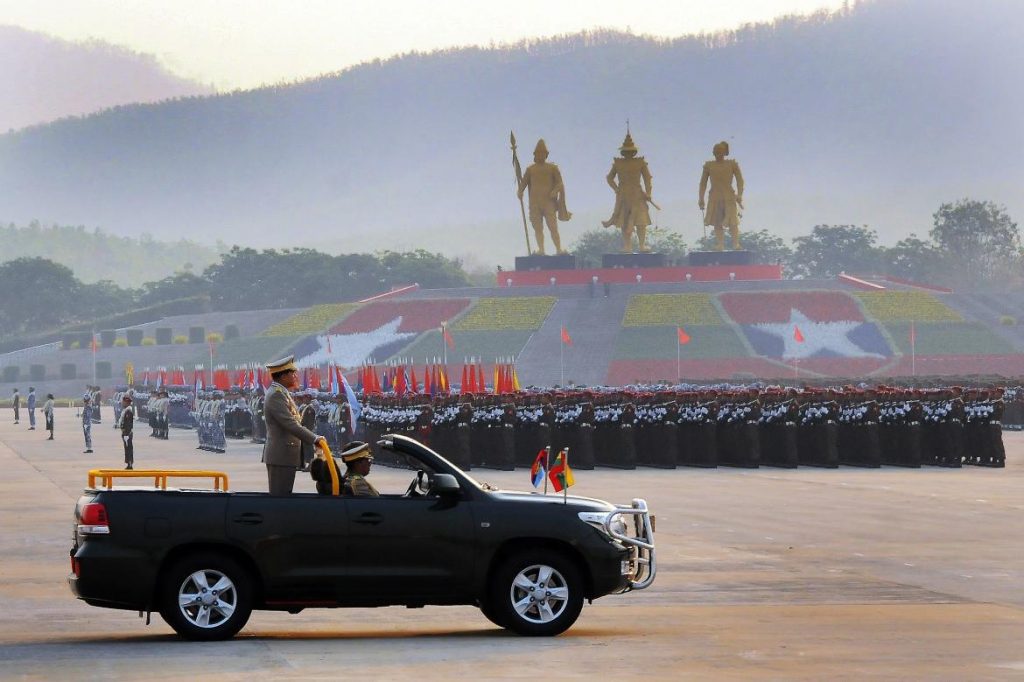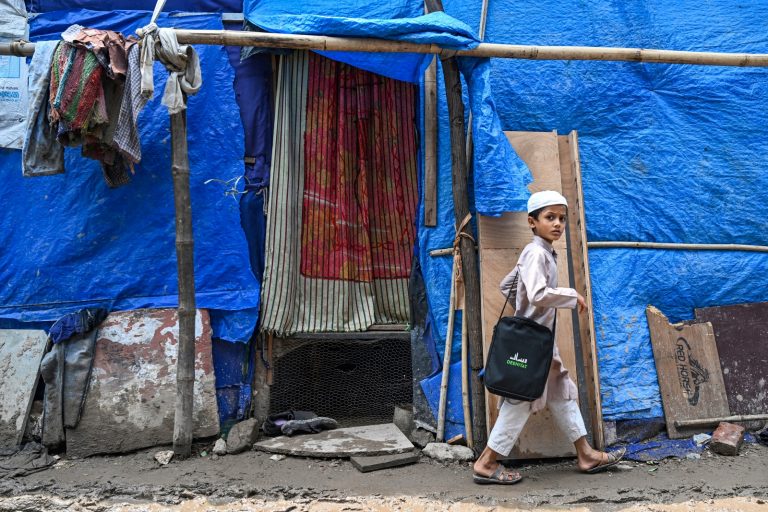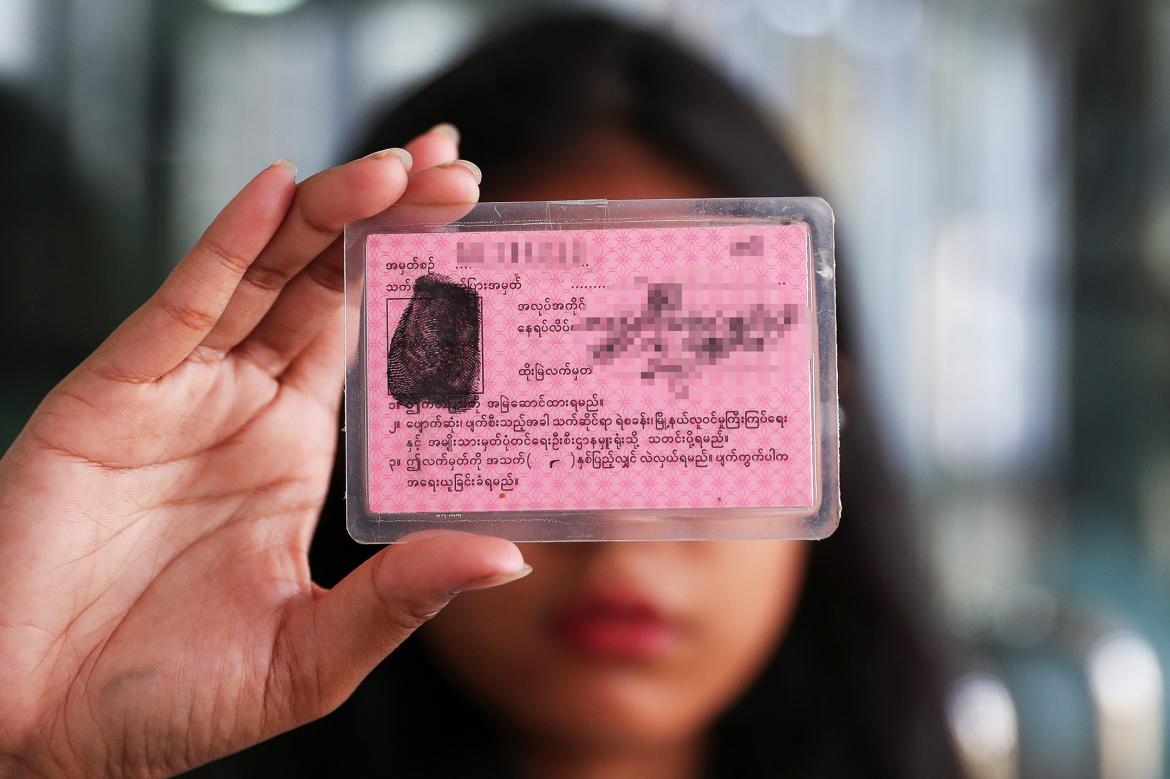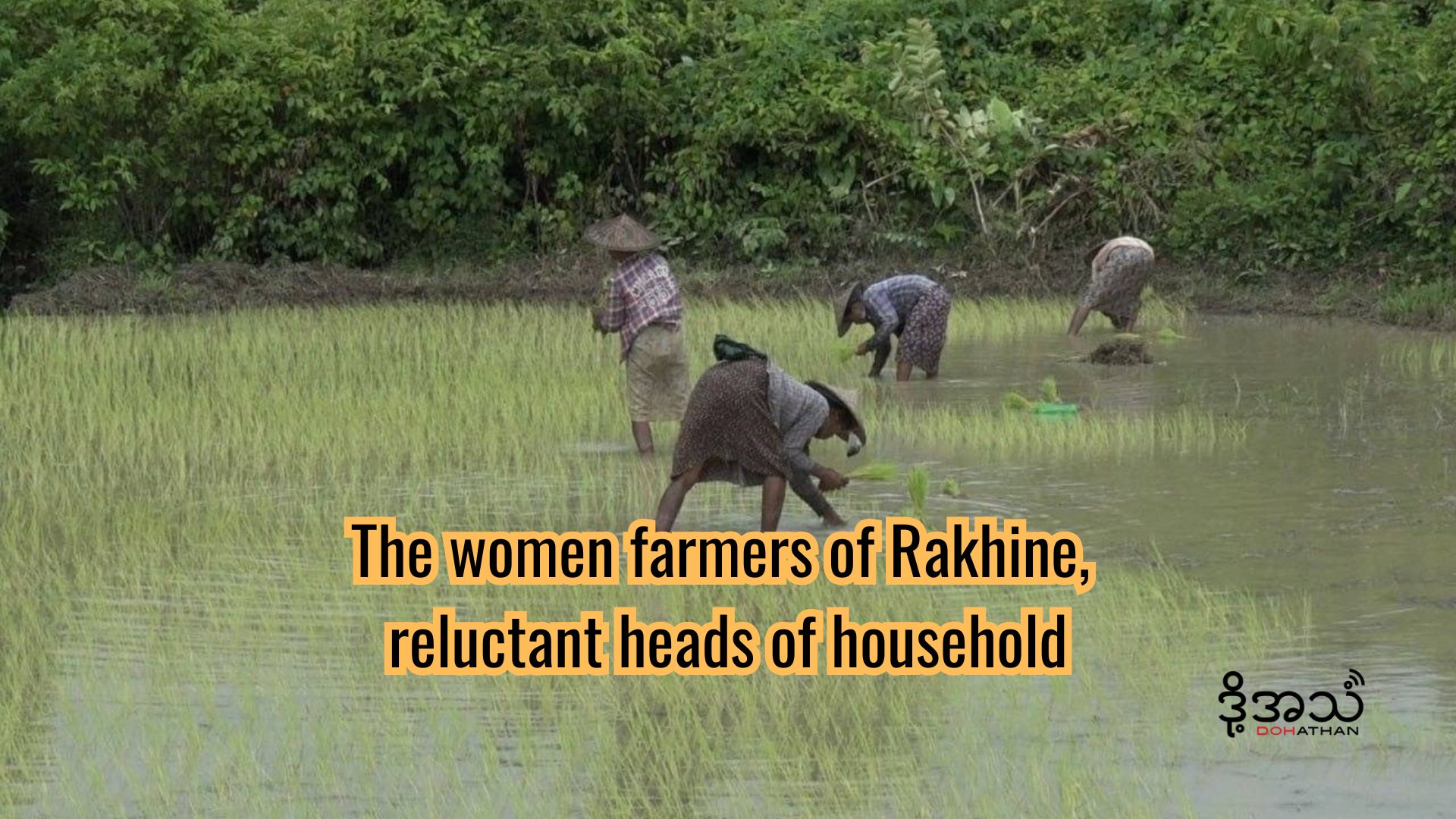The imposition of European Union sanctions on Myanmar over the crisis in Rakhine State would be counterproductive, the International Crisis Group has warned.
The think tank makes the warning in a report released on October 18 titled: Rohingya crisis: A major threat to Myanmar transition and regional stability, which contains recommendations addressed to the EU and its member states.
A return to previous forms of bilateral and EU sanctions on Myanmar, such as travel bans and asset freezes, “may not be helpful” in achieving concrete progress, the report says.
It adds that a return to sanctions would risk constraining future policy options “as well as sending unintended signals to investors that could impact on the economy, to the detriment of ordinary Myanmar people”.
The ICG says the immediate priorities for addressing the crisis remain those outlined at a meeting of the United Nations Security Council on September 28.
Support more independent journalism like this. Sign up to be a Frontier member.
They are: ending state and vigilante violence and village destruction, unfettered humanitarian access for the UN and INGOs, ensuring the voluntary return of refugees to places of origin in line with international law, and the timely implementation of the Annan commission recommendations.
The report says the EU should support efforts for accountability for rights violations in northern Rakhine and encourage State Counsellor Daw Aung San Suu Kyi to speak to the nation and make full use of her position to shift the national narrative in a more construction direction.
The report says the crisis has unleashed strong nationalist sentiment and has greatly amplified and reinforced bigoted views. It notes there is extremely strong support in Myanmar for Aung San Suu Kyi and for the military’s approach.
“The risk is that once such narrow nationalist sentiments take hold, unopposed by the democratically-elected government, they will constrain future government responses to the crisis and set the country once again on a path to international pariah status,” it says.
“This will make it much more difficult for Myanmar to forge an inclusive national identity, essential for such an ethnically, linguistically and religiously diverse country.”







